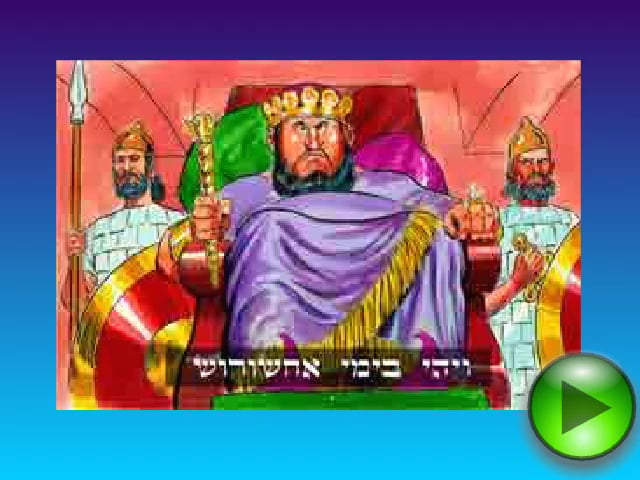ב"ה

Topics include: The symbolism of gold, silver and copper in the Tabernacle; the debate between the philosophers and the kabbalists as to whether G‑d can create a square circle; and how the scarlet, turquoise and purple wool of the tapestries of the Tabernacle represent the harmonization of G‑dly attributes in creation.

If being an adult means being rational, then what does it mean to be a child? Does it mean being irrational? To the extent that religion involves the childlike gesture of “faith” (Emunah), it would seem to be an irrational, immature enterprise. Unless of course there is a viable adult alternative to Rationalism and Irrationalism alike.

Letters and Numbers of Torah - Tetzaveh
Purim usually coincides with the week in which we read the Torah portion of Tetzave. To find the hidden connection between Purim and Tetzave, we examine the five times the word "Purim" is written in the Megillah and ask why three of those five times it is missing the letter vav.

Parshah Curiosities: Tetzaveh
Parshat Tetzaveh contains Divine instructions about fashioning sacred priestly vestments. The most extraordinary and exquisite of them all: the High Priest’s magical Breastplate. Stunningly adorned with 12 precious gemstones set in purest gold; representing the Tribes of Israel before G-d—radiating incredible light, beauty and mystical power. It had to be securely fastened upon the heart of the Kohen Gadol; seemingly emblematic of national equality. Yet, a deeper analysis indicates gross disparities instead. This remarkable lecture delves into a wide range of sources to radically reframe the Breastplate paradigm and ultimately serves to define diversity from a Torah-true perspective!

The High Priest's apron-like garment called the "ephod" had gems over the shoulder straps with the names of the twelve tribes engraved in them. The classical sources differ as to the order in which the tribes were named on the jewels. A spiritual interpretation of these opinions is that they describe two kinds of Jewish unity. (Based on Likutei Sichos, vol. 36.)

Parsha Tetzaveh
Moshe Rabbeinu's birthday and yahrzeit on the 7th of Adar always coincides with the reading of the Torah portion Tetzaveh, the one parshah where Moshe's name is glaringly omitted. Rabbi Dubinsky also speaks about the importance of following the daily study cycle of Rambam which had just been completed for the 30th time.

Exploring Rashi’s commentary on inaugurating the kohanim
Rashi implies that Aaron and his sons only became priests after the Sanctuary had been built. The Rebbe explains that if Rashi had not highlighted this issue, we may have thought the greatest Kohen of all time, Aaron, might have been disqualified from service.

Letters and Numbers of Torah - Tetzaveh
Purim usually coincides with the week in which we read the Torah portion of Tetzave. To find the hidden connection between Purim and Tetzave, we examine the five times the word "Purim" is written in the Megillah and ask why three of those five times it is missing the letter vav.

Letters and Numbers of the Festivals—Purim
What is the difference between Purim, which is celebrated on the 14th day of the month, and Passover and Sukkot which are celebrated on the 15th day of their respective months? The answer lies in the fact that the number fourteen in Hebrew is represented by the letters yud (10) and daled (4), which spell the word "yad" which means "hand."

Letters and Numbers of Torah - Ki-Tisa
In this portion, we read G-d's Thirteen Attributes of Mercy: "G-d, G-d, compassionate G-d and gracious, slow to anger, and abundant in kindness and truth, preserver of kindness for two thousand generations. " In the word "notzar" (preserver of kindness) the letter nun is unusually large. Later in the portion, G-d prohibits the Jews from serving "another god." The letter reish in the word "acher" (other) is also unusually large. What is the meaning of these large letters?

Contrasting Three of the Purim Mitzvahs
This class deeply analyzes various passages where Maimonides describes the parameters for observing three of the special Purim mitzvahs:
rejoicing at a feast, sending food gifts to friends, and giving monetary gifts to the poor. (Based on Likutei Sichos vol. 16, pp. 365-372)
Get the Chabad.org Video app




















































































































